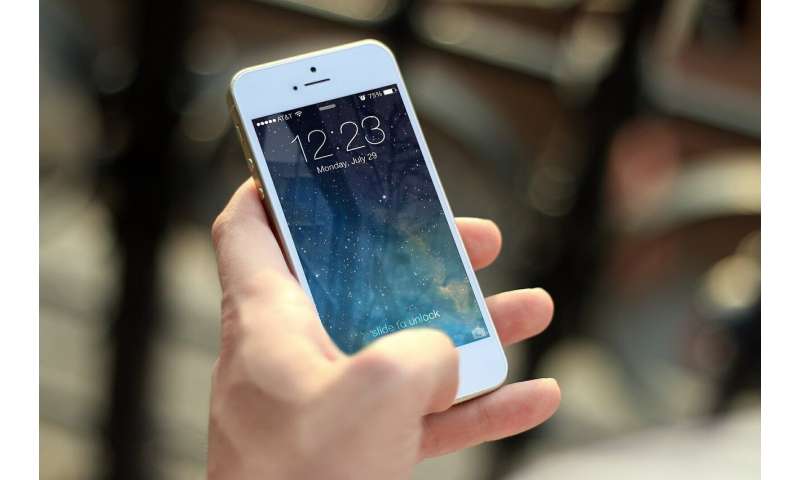
Smartphones play an important role in students their daily lives. The question is whether this smartphone use is that innocent. New research conducted at Ghent University and University of Antwerp (Belgium) suggest it is not for students’ sleep quality. Moreover, previous research showed that students with a reduced sleep quality perform worse at exams.
The researchers surveyed 1,889 university students on both their smartphone use and sleep habits. What did the researchers find in this data? They find that students using their smartphones more frequently have a much lower probability of experiencing a good night of sleep. Specifically, high-intensity smartphone use is associated with a 11 percent lower chance of experiencing high-quality sleep.
Moreover, these students seem to sleep significantly less. Thus, high-intensity smartphone use is not only associated with reduced sleep quality but also with a shorter sleep duration. Students with above-average smartphone use sleep on average 12 minutes less a night.
Is it FOMO?
How could these remarkable findings be explained? Firstly, smartphone activities might induce different emotions which impede a carefree night. Next, students’ sleep might be interrupted by nightly notifications. Furthermore, smartphone screens provide bright lights that reduce the production of sleep hormones. As such, students might experience difficulties falling asleep. Finally, the phenomenon of fear-of-missing-out (‘FOMO’) could provide an explanation.
“Students feel the need to be accessible at every moment of the day and also do not want to miss out on anything happening in their social (online) environment. This fear to miss out on something can lead to the production of stress hormones which in turn hinders a good night’s rest,” says doctoral researcher Simon Amez (UGent).
Apart for these mechanisms, it is also possible that other intermediate factors such as personal motivation and discipline explain the association between smartphone use and sleep quality.
Stronger association for female students
Female students that use their smartphone intensively have a higher chance of a reduced sleep quality than their male peers. When female students use their smartphone more often, this is associated with a reduction in the chance of experiencing good sleep quality that is 20 percent higher than their male colleagues.
This should not surprise since previous research has shown that women are more susceptible to social media related stress. On top of this, women often cope less effective with this stress by ruminating a lot.
Students benefit from a good night’s rest
Yet, sleeping well is very important for students. Previous research of Professor Stijn Baert (UGent) demonstrated a causal relationship between good sleep quality and students’ academic performance.
Source: Read Full Article
